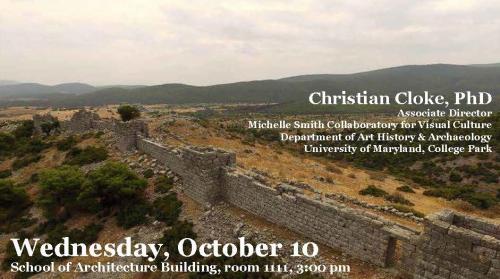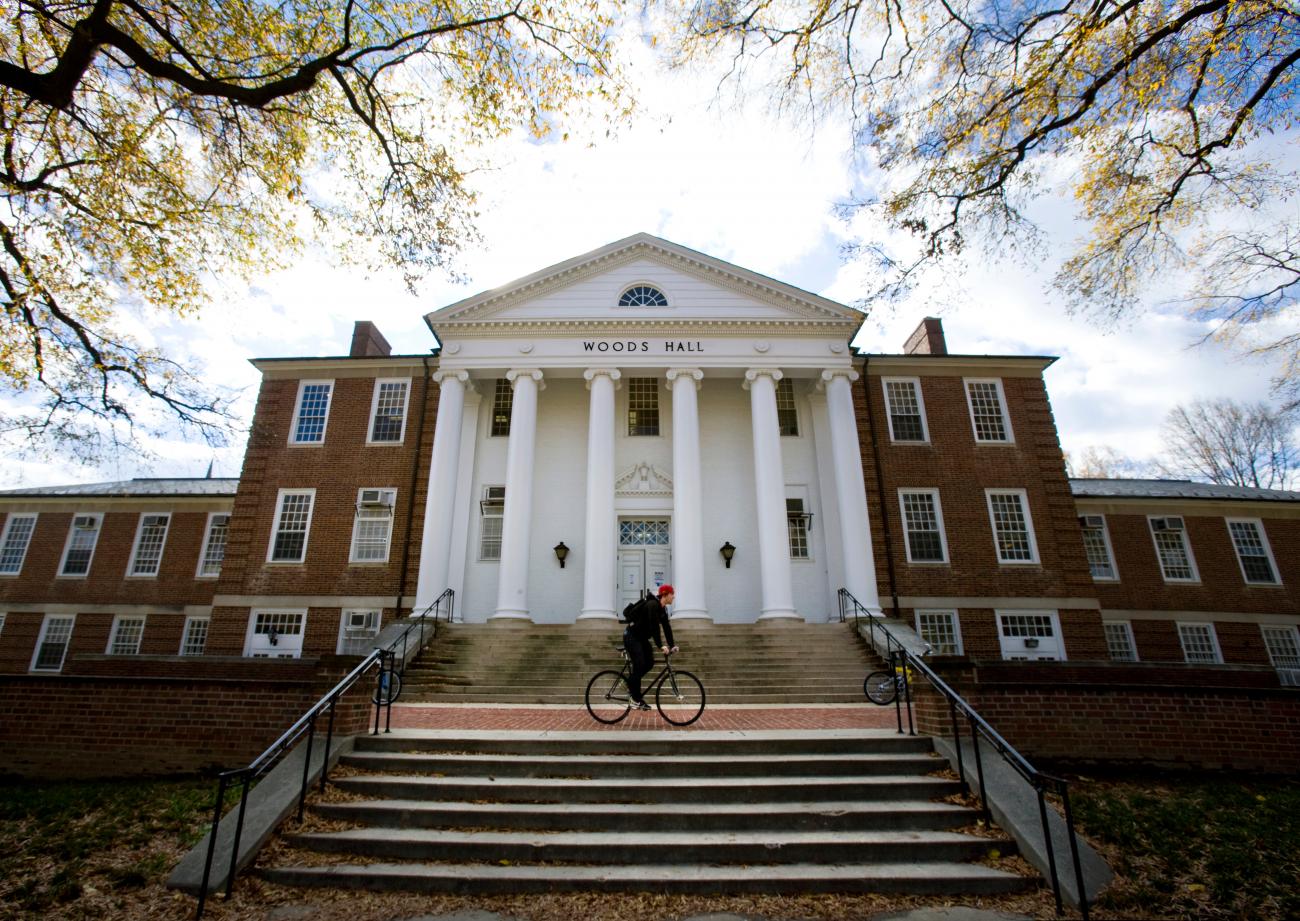The first speaker of the UMD Heritage Lectures will be Christian Cloke giving a talk entitled "Embracing and Representing Uncertainty in Archaeological Field Survey: Artifacts and Landscape in the Mazi Plain, Greece." The talk will take place Wednesday, October 10 at 3:00 PM in the School of Architecture building, Room 1111. The abstract of the talk is found below.
Abstract:
The pottery collection by the Mazi Archaeological Project provides evidence for human activity from the Neolithic to the present in the Mazi Plain (Attica, Greece). Notably abundant are ceramic remains from the Classical, Late Roman, and Byzantine periods, representing a variety of settlement, fortification, and agricultural sites. Like many surveys in Greece, our project has noted that periods with greater diagnostic 'visibility' tend also to have the most material associated with them. Remains commonly associated with other periods can be much more ambiguous, especially when it comes to plain, everyday wares. One way to deal with the discrepancy is by using a dating system whereby sherds are assigned a start and end date of manufacture rather than a single period. This allows us to filter the results of the survey based on the degree of certainty (or range of possibility) we desire. Integration of a digital database and GIS allows us to query and display date ranges in a variety of ways, including a spectrum of definite and possible representations of periods across the landscape. Thus, through a combination of database design, data querying, and creative visualization using GIS, it becomes possible to quantify and map finds of uncertain date besides those whose chronological precision is greater. The results show that making use of less precise portions of the overall dataset are highly revealing of diachronic changes in settlement and farming patterns, making clear certain trends that do not emerge from the 'best' of data.



